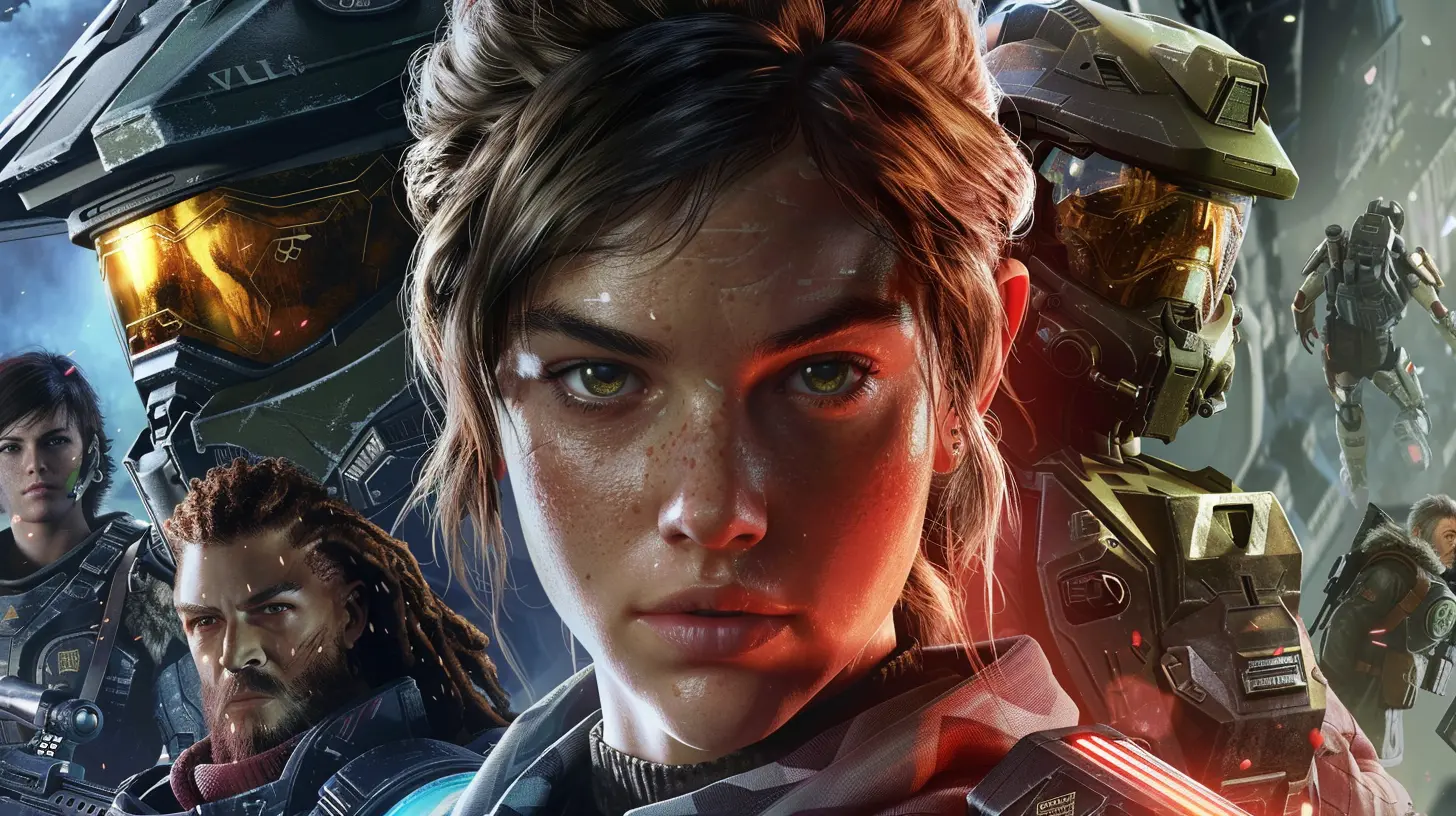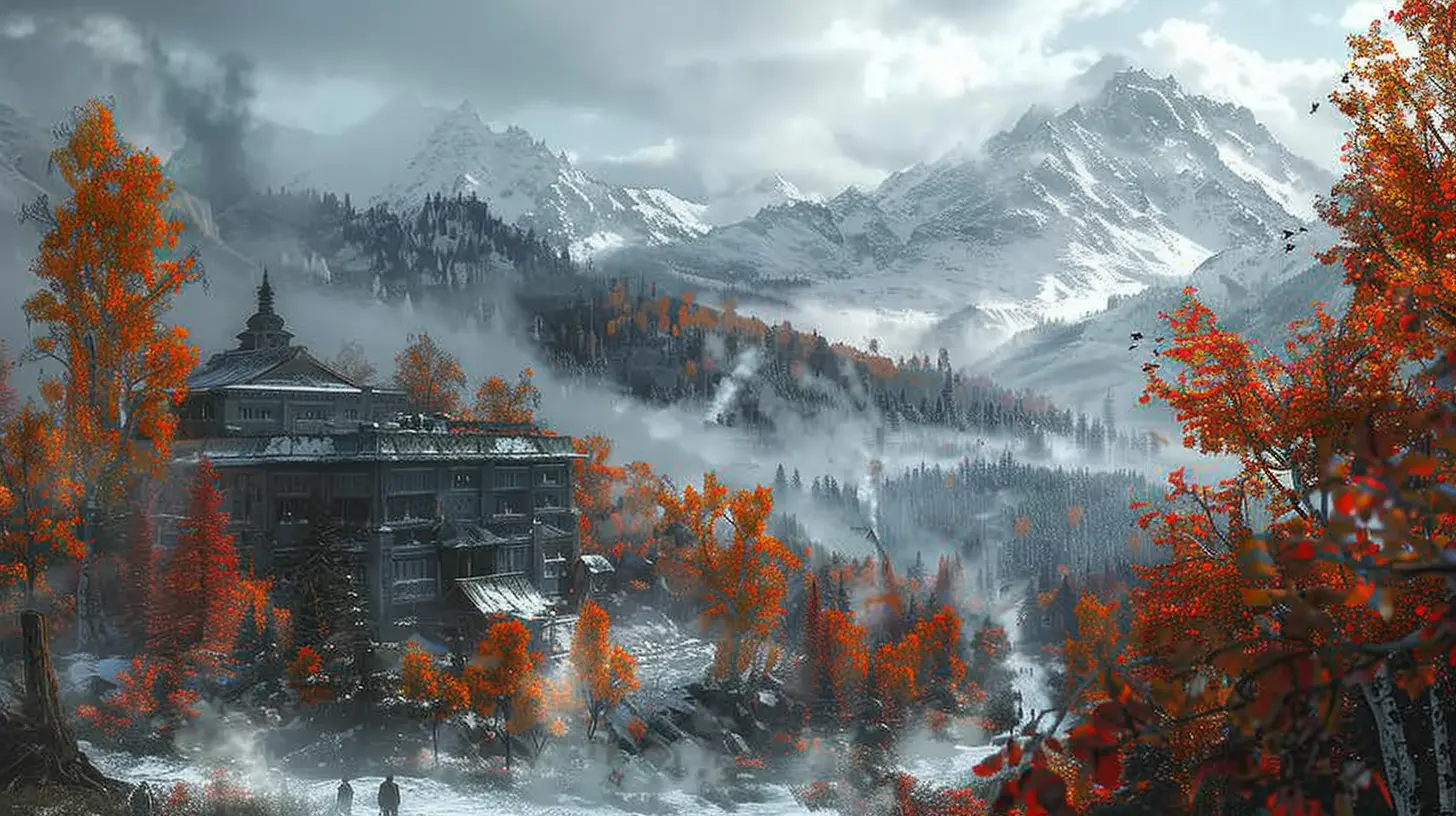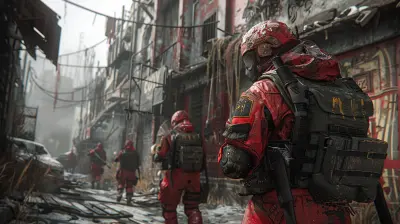The Influence of Season Passes on Gaming Communities
21 June 2025
Gaming has come a long way since the days of dusty cartridges and save files on memory cards. Today, the gaming industry is this massive, dynamic universe where innovation meets engagement. One of the most noticeable evolutions over the past decade? The rise of the season pass. If you're a gamer—or even just gamer-adjacent—you’ve probably had at least one conversation (read: heated debate) about season passes. They’ve changed the way games are developed, played, and even how gaming communities interact.
But is this change for better or worse? That’s the million-dollar question. Let’s dive into the nitty-gritty of how season passes are shaping gaming communities—for better, for worse, and everything in between.
What Exactly Are Season Passes?
Before we get into how they influence gaming communities, let’s take a moment to clarify what a season pass is in the first place. Picture this: you buy a game, and then instead of forking over more cash every few months for individual DLCs (downloadable content), you pay one flat rate for a "bundle" of upcoming content. Essentially, you’re buying future updates—like new maps, characters, skins, or missions—before they even drop.It’s like pre-ordering your dinner, dessert, and drinks at a restaurant before the chef has even started cooking. Sometimes you get a Michelin-star meal; other times, you’re choking on regrets… or a half-baked product.
The Good: Strengthening Gaming Communities
1. Creating Anticipation and Excitement
One of the undeniable upsides of season passes is how they create this collective sense of hype within gaming communities. Think about it: waiting for new content with your friends or discussing theories about what’s coming next? It's like the adult version of waiting for the next Marvel Cinematic Universe film. Gamers bond over these shared experiences, and it keeps the community lively and engaged.For instance, when a game like Fortnite announces seasonal updates, the buzz on forums, Reddit threads, and even your buddy’s Discord server becomes deafening. Everyone’s swapping theories, sharing leaks, and scheduling game nights. It’s a little chaotic, but it’s also magical.
2. Keeping Games Alive Long-Term
Games aren’t just fire-and-forget experiences anymore, and season passes play a big role in that. A good season pass injects fresh life into games that might have otherwise faded into obscurity. Think about titles like Call of Duty, Destiny, or Rainbow Six Siege. Their developers release season after season of new content, which keeps people coming back—sometimes years after the initial release.This longevity gives communities time to grow, evolve, and deepen their connections. You get regular updates, new metas to master, and reasons to stick around. Honestly, it’s the gaming equivalent of watering your houseplants to keep them alive and thriving.
The Bad: Dividing Communities
1. A Barrier Between Haves and Have-Nots
Let’s be real: season passes often create a divide. Not everyone can afford to pay an extra $20, $50, or even $100 for additional content. This creates an awkward rift between players who have the season pass and those who don’t. While some are strutting around in their shiny new skins or dominating fresh maps, others are stuck watching from the sidelines.It’s like showing up to a potluck with a sad sandwich only to realize everyone else brought gourmet meals. You’re in the room, but you feel like you don’t quite belong. It can be discouraging for players who simply can’t keep up financially, and that, in turn, fractures the community.
2. Fear of Missing Out (FOMO)
Ah, the dreaded FOMO. Developers have weaponized it with season passes. Limited-time rewards? Exclusive skins? Special event missions? These are the carrots dangled in front of players, making them feel like they have to purchase the pass or miss out forever.The problem? Not everyone has the time to grind through seasonal content. Let’s face it: life gets busy, and some players can’t log in daily. Feeling like you’ve wasted money because you didn’t unlock everything in the pass? That stings. It can sour the experience and even push players away from the game.
The Ugly: Monetization Overload
1. The Slippery Slope of Microtransactions
Here’s the thing: season passes aren’t inherently bad. But when they’re combined with other monetization tactics—like pay-to-win mechanics or loot boxes—it creates this overwhelming sense of being nickel-and-dimed. Some games fall into the trap of prioritizing monetization over fun, and that’s when communities start to revolt.Remember the backlash against Star Wars Battlefront II? The aggressive monetization schemes fractured its community so badly that it became a case study in how not to do it. It’s a reminder that developers need to strike a delicate balance. Push too hard, and players will jump ship.
2. The Content Quality Debate
Season passes promise future content, but what happens when that content doesn’t meet expectations? Trust is a fragile thing in gaming communities. A poorly executed season can leave players feeling cheated, especially if they’ve already paid upfront. This can lead to frustration, anger, and—worst of all—community infighting. Players start to argue over whether the pass was “worth it,” and that negativity can snowball.The Bigger Picture: A Two-Way Street
Look, gaming communities don’t exist in a vacuum. They’re built on trust, mutual respect, and shared passion. Season passes have the potential to be a force for good if they’re implemented thoughtfully. Developers need to listen to their communities, address concerns, and focus on delivering meaningful content—not just profit margins.On the flip side, gamers themselves have a role to play too. We should hold developers accountable but also recognize the complexities of game development. Quality content takes time, resources, and yes—money—to produce. It’s all about balance.
Are Season Passes Here to Stay?
Absolutely. Love ‘em or hate ‘em, season passes are a fixture in modern gaming. The good news? They’re evolving. Some developers are experimenting with more consumer-friendly approaches, like Halo Infinite allowing players to complete season passes at their own pace without expiration dates. These kinds of innovations hint at a brighter future—one where season passes enhance gaming communities instead of dividing them.Final Thoughts
Season passes are a mixed bag. When done right, they can breathe new life into games, keep communities thriving, and deliver fantastic value for players. But when they’re poorly executed? They create divides, stoke resentment, and leave players feeling burned.At the end of the day, it all boils down to how game developers approach them—and how we, as players, respond. If there’s one thing we can all agree on, it’s this: the heart of gaming lies in the communities we build. Whether it’s through a season pass or just some good old-fashioned multiplayer fun, keeping that sense of connection alive should always be the priority.
all images in this post were generated using AI tools
Category:
Season PassesAuthor:

Francesca West
Discussion
rate this article
2 comments
Isabella Sharpe
Season passes enhance community engagement but may divide player experiences.
September 20, 2025 at 3:40 PM

Francesca West
While season passes can foster community interaction through shared objectives, they may also create disparities in player experiences, leading to potential divides among gamers.
Zarenith Morales
Hidden motives lurk beneath season passes—what secrets bind us together?
June 22, 2025 at 3:17 PM

Francesca West
Season passes foster a sense of community while also raising questions about commercialization and exclusivity. They connect players through shared experiences, but can also create divides based on access.


